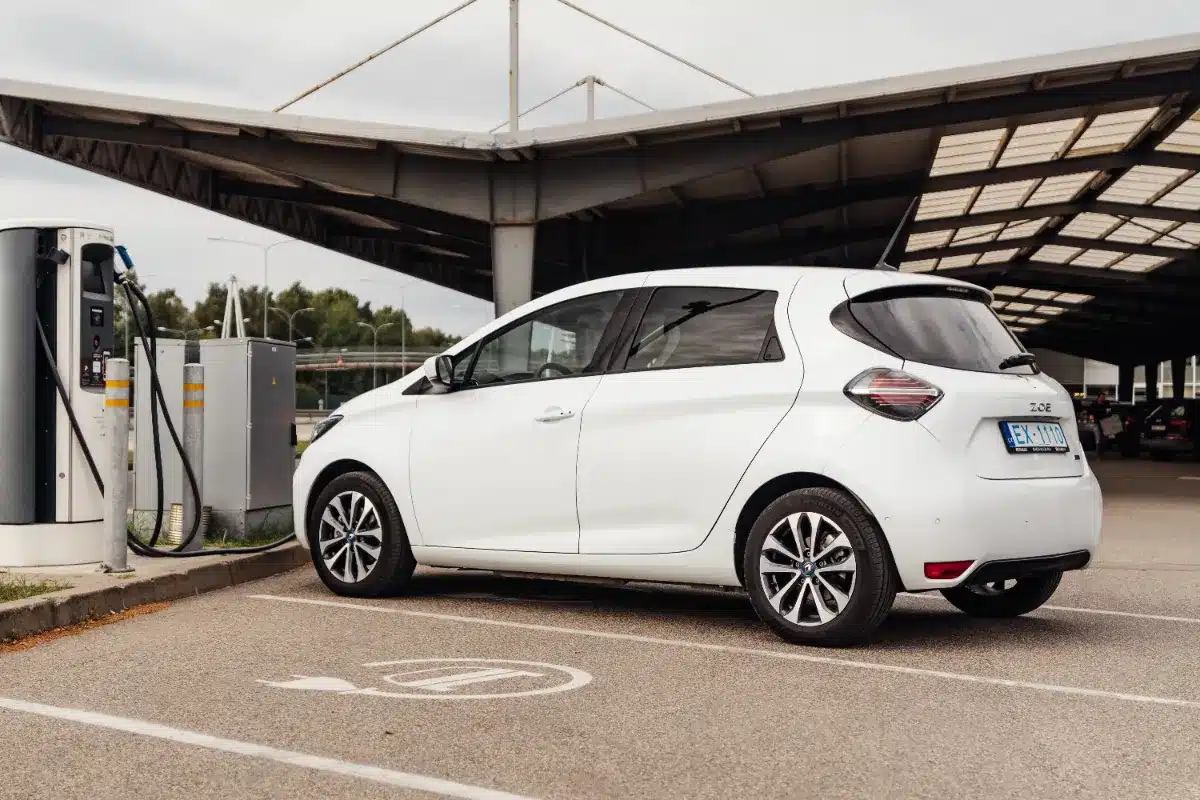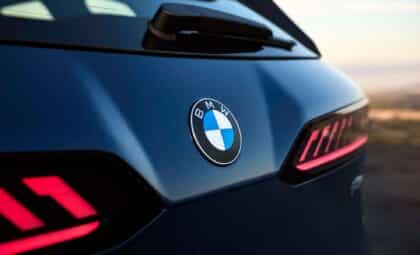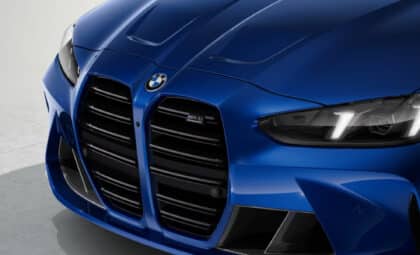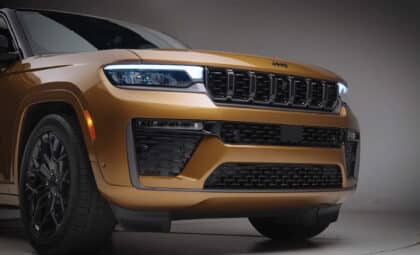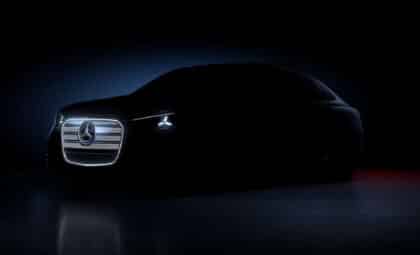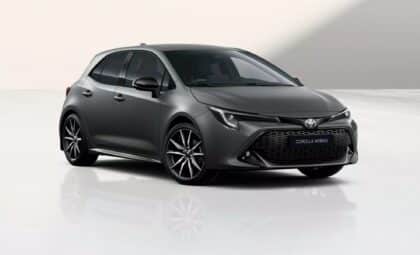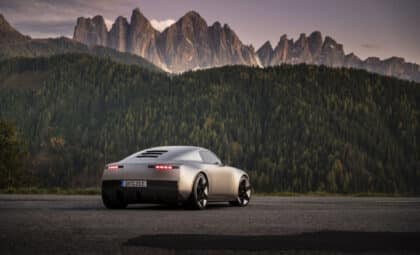The car world is shifting fast, especially with the EU regulations telling everyone that gas-powered cars will be off the market by 2035. This big move is pushing automakers to step up their electric vehicle offerings. Peugeot, for example, is already making waves with models like the e-208, e-308, and e-5008. As zero-emission rides become more popular, Peugeot is making some pretty definitive choices about what’s in their lineup.
Peugeot’s main approach
Right now, Peugeot is all about keeping a solid range of larger electric cars instead of diving into the smaller city car market. The e-208 is their smallest and most budget-friendly electric car, and it’s really the gateway into the brand. Alain Favey, the CEO of Peugeot, has made it clear that they aren’t planning on launching any EV smaller than the e-208. (This shows that Peugeot has its eyes set firmly on the larger models that they think will drive growth in the future.)
Unlike some rivals who are chasing the miniature electric car market, Peugeot is staying true to its strategy. Favey pointed out that creating a new small car would need a hefty investment with pretty slim profits, especially in the segment A market. (Several makers are pulling back from this segment because money’s tight, which only supports Peugeot’s chosen path.)
The competitive scene
While Peugeot sticks with larger models, other brands are seizing the opportunity in the smaller, more affordable EV niche. Dacia, for instance, rolled out the Spring model, which comes in under 20,000 euros and is aimed at wallet-watchers. Competitors such as the Leapmotor T03 and BYD Dolphin Surf are also making moves in this space, and Renault is even getting ready to launch a new electric Twingo. (Clearly, there are lots of different strategies in play across the industry.)
Even with all this competition, Alain Favey is confident about Peugeot’s route. He mentioned that “given the current European regulations on homologation, a small electric car below the 208 is not viable for Peugeot.” (This pretty much sums up the regulatory hurdles that stop some manufacturers from making really small EVs.)
Team-ups and tech alternatives
While other brands are eyeing collaborations with Chinese manufacturers to come up with smaller EVs, Peugeot isn’t on board with that idea. Favey noted that although some see promise in these partnerships, “other brands might perceive the potential, but not Peugeot.” (Peugeot thinks that the 208 does the job without needing any extra help.)
Also, although range extender vehicles have become popular in China, they just don’t fit with what Peugeot has in mind for Europe. Favey believes that European buyers would be skeptical about this technology, so it’s not something the company is looking to pursue.
What consumers think and what’s next
What drivers want is a big part of how car makers plan their models. According to Favey, there isn’t a strong call from consumers for a car smaller than the 208 in Peugeot’s lineup. The company is convinced that rides like the 208 offer enough room and cool features to keep customers happy.
Peugeot’s focus remains clear: they’re sticking with fully electric vehicles and aren’t spreading themselves too thin by chasing technologies or segments that don’t fit their electrification strategy.
As we go through this period of quick changes in the auto world—driven by tough environmental guidelines and a shift in what buyers care about—Peugeot’s choices show a practical yet forward-looking approach. (It’s a balancing act that seems designed to keep them in the game while still moving towards greener mobility options around the globe.)

